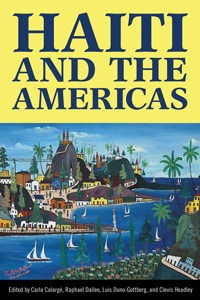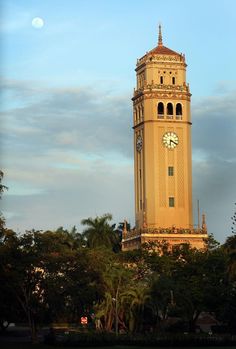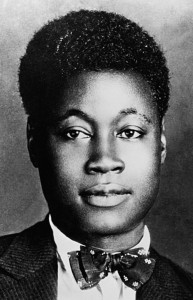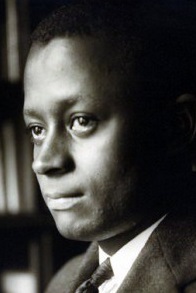 A review of the collection Haiti and the Americas has been published on the site Haiti Then and Now:
A review of the collection Haiti and the Americas has been published on the site Haiti Then and Now:
“Using a variety of conceptual frameworks and methodological lenses, each essay provides a fresh, unbiased rearticulation of many taken-for-granted assumptions regarding Haiti and its contributions to discourses of freedom in the Western hemisphere. One strength of the book is that each of the selected essays work in concert with one another while enabling each author to use their text to articulate their individual points of view…Overall, Haiti and the Americas is a balanced, research based collection of essays articulating the narratives of Haiti from its historical past to its present and future…Scholars interested in Diasporic Literature, Cultural Studies, Education, Haitian History, and Black Atlantic Studies may find Haiti and the Americas a useful pre-primer.”


 At the West Indian Literature conference held at the University of Puerto Rico in October 2015, Raphael Dalleo participated in one of two roundtables launching the collection
At the West Indian Literature conference held at the University of Puerto Rico in October 2015, Raphael Dalleo participated in one of two roundtables launching the collection  Dalleo’s contribution centered on his research later published in the book
Dalleo’s contribution centered on his research later published in the book 
